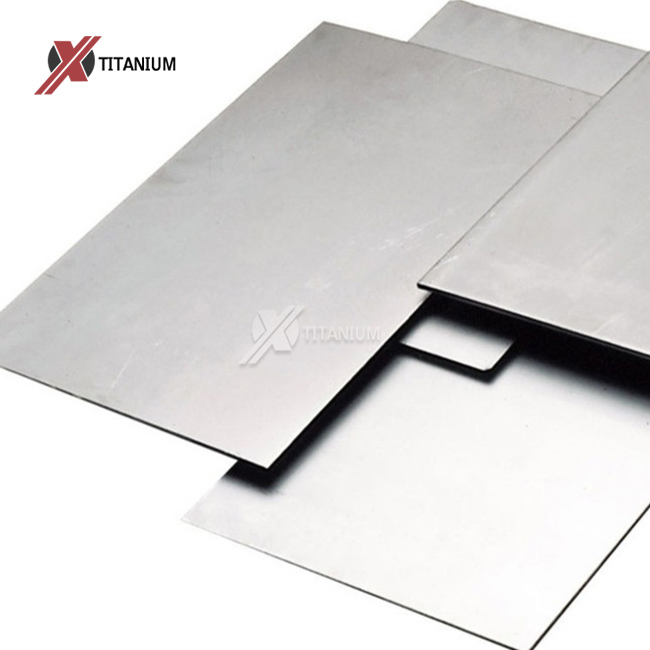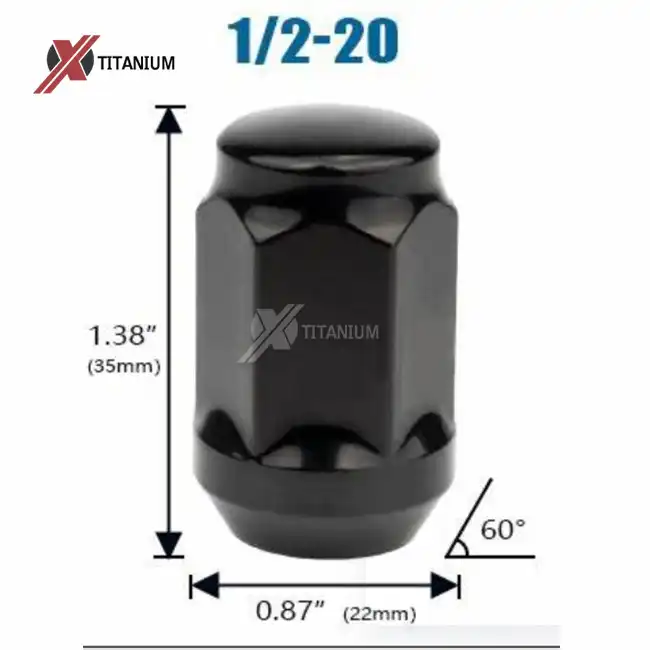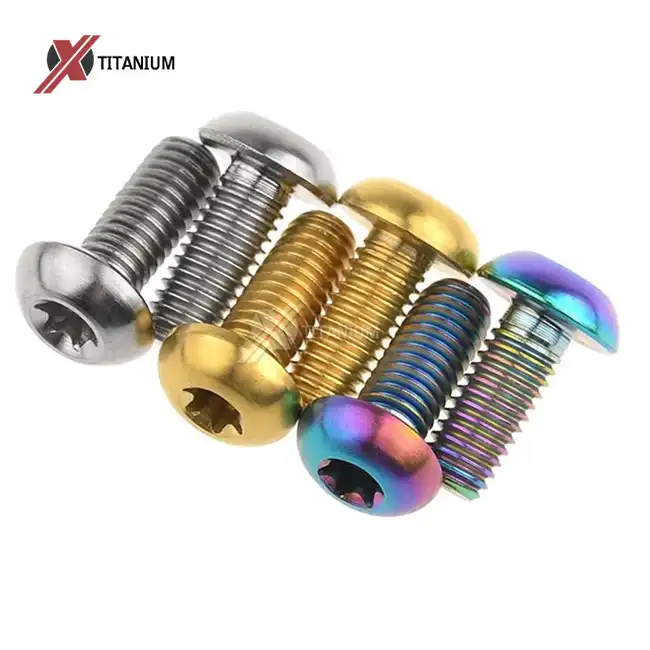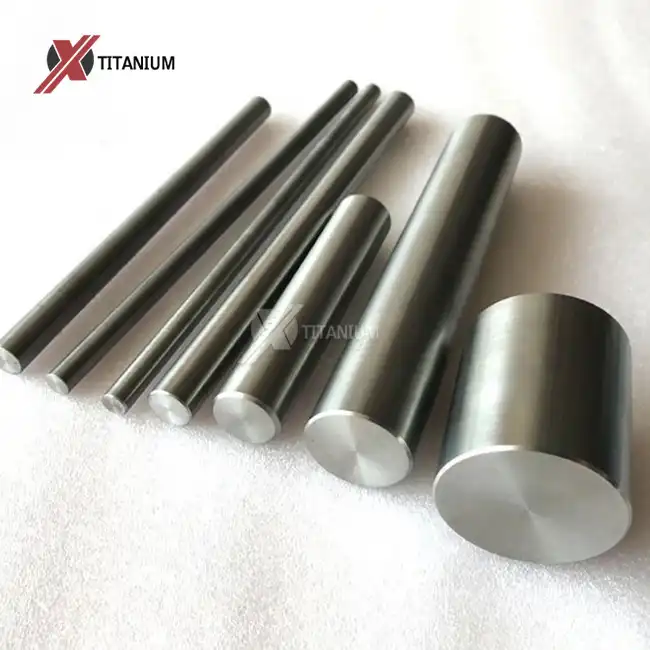- English
- French
- German
- Portuguese
- Spanish
- Russian
- Japanese
- Korean
- Arabic
- Greek
- German
- Turkish
- Italian
- Danish
- Romanian
- Indonesian
- Czech
- Afrikaans
- Swedish
- Polish
- Basque
- Catalan
- Esperanto
- Hindi
- Lao
- Albanian
- Amharic
- Armenian
- Azerbaijani
- Belarusian
- Bengali
- Bosnian
- Bulgarian
- Cebuano
- Chichewa
- Corsican
- Croatian
- Dutch
- Estonian
- Filipino
- Finnish
- Frisian
- Galician
- Georgian
- Gujarati
- Haitian
- Hausa
- Hawaiian
- Hebrew
- Hmong
- Hungarian
- Icelandic
- Igbo
- Javanese
- Kannada
- Kazakh
- Khmer
- Kurdish
- Kyrgyz
- Latin
- Latvian
- Lithuanian
- Luxembou..
- Macedonian
- Malagasy
- Malay
- Malayalam
- Maltese
- Maori
- Marathi
- Mongolian
- Burmese
- Nepali
- Norwegian
- Pashto
- Persian
- Punjabi
- Serbian
- Sesotho
- Sinhala
- Slovak
- Slovenian
- Somali
- Samoan
- Scots Gaelic
- Shona
- Sindhi
- Sundanese
- Swahili
- Tajik
- Tamil
- Telugu
- Thai
- Ukrainian
- Urdu
- Uzbek
- Vietnamese
- Welsh
- Xhosa
- Yiddish
- Yoruba
- Zulu
Aerospace Grade Titanium Torx Bolts: Built for Extreme Demands
Aerospace grade titanium Torx bolts represent the pinnacle of fastener engineering, designed to meet the rigorous demands of the aviation and space industries. These high-performance components combine the exceptional properties of titanium alloys with the innovative Torx drive system, resulting in fasteners that excel in strength, weight reduction, and corrosion resistance. Engineered to withstand extreme temperatures, high stress, and harsh environments, titanium Torx bolts play a crucial role in ensuring the safety and reliability of aircraft and spacecraft. Their unique combination of attributes makes them indispensable in applications where failure is not an option.
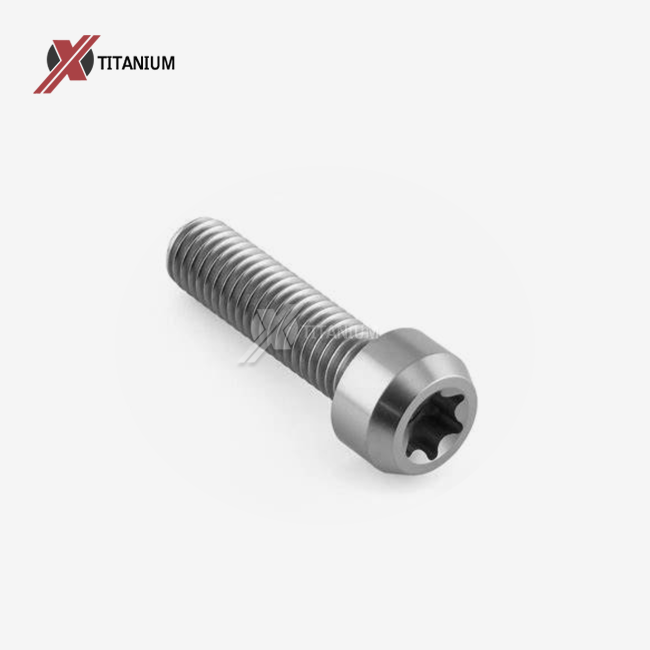
The Titanium Advantage: Why Aerospace Relies on This Exceptional Metal
Titanium has earned its reputation as a wonder metal in the aerospace industry, and for good reason. The use of titanium Torx bolts in aerospace applications leverages the metal's extraordinary properties to overcome the challenges of flight and space exploration. Titanium's remarkable strength-to-weight ratio is perhaps its most celebrated characteristic. This allows engineers to design aircraft and spacecraft components that are incredibly strong yet significantly lighter than their steel counterparts.
The corrosion resistance of titanium is another critical factor that makes it ideal for aerospace use. Titanium Torx bolts can withstand exposure to various corrosive substances, including jet fuel, hydraulic fluids, and even the harsh environment of space. This resistance to corrosion ensures the longevity and reliability of the fasteners, reducing maintenance requirements and increasing the overall lifespan of the aircraft or spacecraft.
Thermal Stability: A Key Asset for Aerospace Applications
Thermal stability is a crucial property for materials used in aerospace, and titanium excels in this regard. Titanium Torx bolts maintain their structural integrity across a wide range of temperatures, from the extreme cold of high altitudes to the intense heat generated during atmospheric re-entry. This thermal stability prevents expansion and contraction issues that could compromise the integrity of joints and connections in aerospace structures.
Biocompatibility: An Unexpected Benefit
While not directly related to aerospace applications, the biocompatibility of titanium is worth noting. This property has led to the use of titanium in medical implants and prosthetics. In the context of space exploration, this biocompatibility could prove valuable in the development of long-term life support systems or in addressing potential medical needs during extended space missions.
The Torx Advantage: Elevating Fastener Performance
The Torx drive system, when combined with titanium, creates a fastener that is truly optimized for aerospace applications. The unique six-lobed pattern of the Torx drive offers several advantages over traditional hex or Phillips head designs, particularly in the demanding environment of aerospace engineering.
One of the primary benefits of the Torx design is its ability to transmit higher torque loads without damaging the fastener or the tool. This is crucial in aerospace applications where precise torque specifications must be met to ensure the structural integrity of the aircraft or spacecraft. The increased contact area between the tool and the fastener in a Torx design allows for more efficient transfer of torque, reducing the risk of cam-out or stripping.
Enhanced Durability and Longevity
The Torx design also contributes to the overall durability and longevity of the titanium bolt. The reduced risk of damage during installation or removal means that these fasteners can be reused multiple times without compromising their performance. This is particularly valuable in aerospace applications where components may need to be disassembled for maintenance or upgrades.
Improved Safety and Reliability
Safety is paramount in aerospace engineering, and the Torx design of titanium bolts contributes significantly to this aspect. The reduced risk of tool slippage during installation or removal minimizes the potential for injury to technicians or damage to surrounding components. Additionally, the precise fit between the Torx tool and the fastener head ensures consistent, reliable torque application, which is critical for maintaining the structural integrity of aerospace assemblies.
Manufacturing Precision: The Art of Crafting Aerospace Grade Titanium Torx Bolts
The production of aerospace grade titanium Torx bolts is a sophisticated process that demands the highest levels of precision and quality control. These fasteners are typically manufactured using advanced CNC machining techniques, which allow for incredibly tight tolerances and consistent results. The manufacturing process begins with high-quality titanium alloy, often Grade 5 (Ti-6Al-4V), which offers an optimal balance of strength, weight, and machinability.
The machining process for titanium Torx bolts requires specialized tooling and expertise due to titanium's unique properties. The metal's low thermal conductivity and high strength can lead to rapid tool wear and potential workpiece damage if not handled correctly. Manufacturers must carefully control cutting speeds, feed rates, and cooling methods to ensure the highest quality output.
Surface Treatments: Enhancing Performance
After machining, aerospace grade titanium Torx bolts often undergo various surface treatments to further enhance their performance characteristics. These treatments may include anodizing, which creates a protective oxide layer on the surface of the bolt, improving corrosion resistance and providing a platform for color coding if required. Nitriding is another common treatment that can significantly increase the surface hardness of the bolt, improving wear resistance without compromising the core properties of the titanium.
Quality Control: Ensuring Aerospace Standards
The quality control process for aerospace grade titanium Torx bolts is rigorous and multi-faceted. Each bolt undergoes a series of inspections and tests to ensure it meets the exacting standards required for aerospace use. These may include dimensional checks, material composition analysis, strength testing, and non-destructive testing methods such as X-ray or ultrasonic inspection to detect any internal flaws.
Traceability is another crucial aspect of quality control in aerospace fastener manufacturing. Each titanium Torx bolt must be traceable back to its raw material source and through every stage of the manufacturing process. This level of documentation ensures that in the unlikely event of a failure, the cause can be quickly identified and addressed.
Conclusion
Aerospace grade titanium Torx bolts represent the cutting edge of fastener technology, combining the exceptional properties of titanium with the advanced design of the Torx drive system. As aerospace engineering continues to push the boundaries of what's possible, these high-performance fasteners will play an increasingly critical role in enabling safer, more efficient, and more ambitious aircraft and spacecraft designs.
The ongoing development of titanium alloys and manufacturing techniques promises to further enhance the capabilities of these essential components. From commercial aviation to space exploration, the demand for lightweight, strong, and reliable fasteners will continue to drive innovation in this field.
For those seeking more information about titanium Torx bolts and other high-performance titanium products for aerospace and other demanding applications, please contact Baoji Chuanglian New Metal Material Co., Ltd. at info@cltifastener.com or djy6580@aliyun.com. With over a decade of experience in titanium product manufacturing and research, we are well-equipped to meet your specific needs and contribute to the advancement of aerospace technology.
References
1. Boyer, R. R. (2010). Attributes, characteristics, and applications of titanium and its alloys. JOM, 62(5), 21-24.
2. Peters, M., Kumpfert, J., Ward, C. H., & Leyens, C. (2003). Titanium alloys for aerospace applications. Advanced Engineering Materials, 5(6), 419-427.
3. Donachie, M. J. (2000). Titanium: A Technical Guide. ASM International.
4. Veiga, C., Davim, J. P., & Loureiro, A. J. R. (2012). Properties and applications of titanium alloys: A brief review. Reviews on Advanced Materials Science, 32(2), 133-148.
5. Inagaki, I., Takechi, T., Shirai, Y., & Ariyasu, N. (2014). Application and features of titanium for the aerospace industry. Nippon Steel & Sumitomo Metal Technical Report, 106, 22-27.
Learn about our latest products and discounts through SMS or email
